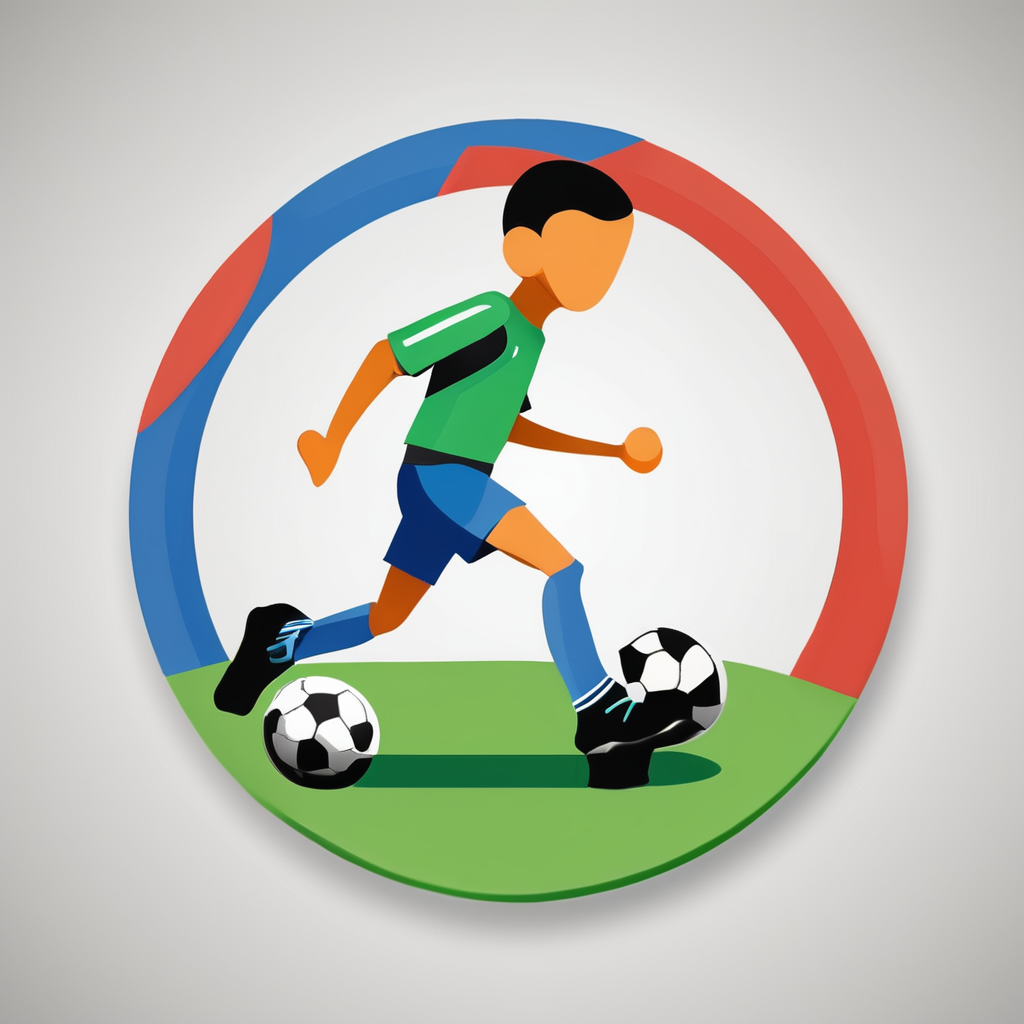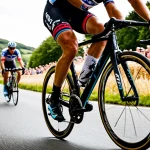University Initiatives Supporting Niche Sports
UK universities play a pivotal role in niche sports development, often through dedicated university sports programs tailored to less mainstream disciplines. These programs offer structured training, access to facilities, and expert coaching, which are vital for fostering talent outside popular sports.
Many institutions provide scholarships and funding specifically aimed at supporting athletes in niche sports. This financial backing encourages participation by easing the burden of costs related to equipment, travel, and competitions. For example, a student interested in fencing or archery can receive targeted support, enabling them to compete at higher levels.
Also to discover : What Are the Biggest Challenges Facing UK Athletes in Less Popular Sports?
Moreover, student clubs and societies are essential drivers of niche sports development within universities. They create inclusive environments where participants can practice regularly, organize events, and raise awareness. These clubs often act as a gateway for students to experience new sports, develop skills, and build community engagement around lesser-known activities.
Through combined efforts in university sports programs, scholarships, and active student groups, UK universities significantly contribute to the growth and sustainability of niche sports nationwide.
Additional reading : How Can We Elevate the Profile of Lesser-Known Sports in the UK?
Facilities and Resources for Niche Sports
Supporting niche sports requires targeted investment in sports facilities designed specifically for their unique needs. Many universities and sports organizations recognize this and allocate resources to create dedicated training environments. These sports facilities often include tailored features such as specialized courts, gyms, or arenas that go beyond generic setups.
Access to specialist equipment is another critical factor. Unlike mainstream sports that have widely available gear, niche sports frequently demand custom or less common equipment. Providing these resources ensures athletes can train effectively and safely, which contributes directly to their performance and development.
University resources play a pivotal role in nurturing these sports. Institutions often offer spaces that cater to different activities, from climbing walls to fencing rooms, alongside coaching expertise. Such infrastructure not only supports athlete progression but can also increase a sport’s visibility and popularity, attracting new participants.
By combining quality facilities with specialist equipment and institutional backing, the pathway for athletes in niche disciplines becomes more viable. This integrated approach fosters growth and enhances competitive standards, benefiting the wider sporting community.
Research, Talent Identification, and Coaching
In the realm of sports research, universities are pioneering advances that directly impact niche sports. These institutions focus on sports research to refine techniques and enhance athlete safety, often filling gaps left by mainstream studies. Such targeted research not only optimizes performance but also reduces injury risks through innovative training methods.
Talent identification in less recognized sports involves specialized processes that extend beyond traditional scouting. These processes emphasize early detection of potential through physiological and psychological markers, ensuring emerging talent receives the right guidance. Consistent monitoring and evaluation help tailor development pathways that maximize long-term success.
Coaching expertise is critical, particularly in niche sports where established frameworks may be limited. Dedicated coaching development programs have emerged to equip coaches with sport-specific skills and knowledge. These programs focus on both technical instruction and athlete management, elevating the overall quality of coaching available. Investing in coaching expertise creates a ripple effect, fostering sustainable growth within specialized sporting communities.
Partnerships and Community Engagement
Building strong community outreach efforts is essential for expanding sports participation. Collaborations with local clubs, schools, and governing bodies create a foundation for inclusive sports engagement. When clubs work closely with schools, children get early exposure to different activities, fostering long-term interest and healthy habits.
Sports partnerships often focus on introducing niche sports to wider communities. For example, partnerships with volleyball or ultimate frisbee clubs can bring these sports into areas where they previously had little presence. These initiatives make sports more accessible and diverse, breaking down barriers related to familiarity or facilities.
Success stories highlight community-driven sports growth. In several towns, joint efforts between local organizations and sports bodies have transformed underused spaces into vibrant sports hubs. These projects not only increase participation but also strengthen social ties and community pride.
By prioritizing partnerships and community outreach, sports organizations can create sustainable growth that benefits everyone involved, making sports engagement more inclusive and impactful.
Diversity, Participation, and Success Stories
Universities are actively promoting sports diversity by encouraging inclusivity across a variety of athletic disciplines. This approach broadens opportunities for students with differing interests and skill sets, fostering a more dynamic sports culture on campus. Efforts focus on creating access to niche sports—such as fencing, archery, and ultimate frisbee—that traditionally receive less attention but attract passionate participants.
Participation statistics reveal a steady increase in engagement with these niche sports. Recent data shows a rise of over 15% in student involvement over the past five years, reflecting successful outreach and support programs. These programs often include dedicated coaching, scholarships, and organized events that stimulate interest and competitive spirit.
Notable achievements underscore the success of these initiatives. For instance, university athletes in less mainstream disciplines have secured national titles and even represented their countries internationally. These success stories highlight the potential of a diverse sports environment to elevate student athletes beyond conventional platforms. The growing recognition of these achievements also helps inspire future participants, ensuring ongoing growth in sports diversity and participation statistics within universities.

